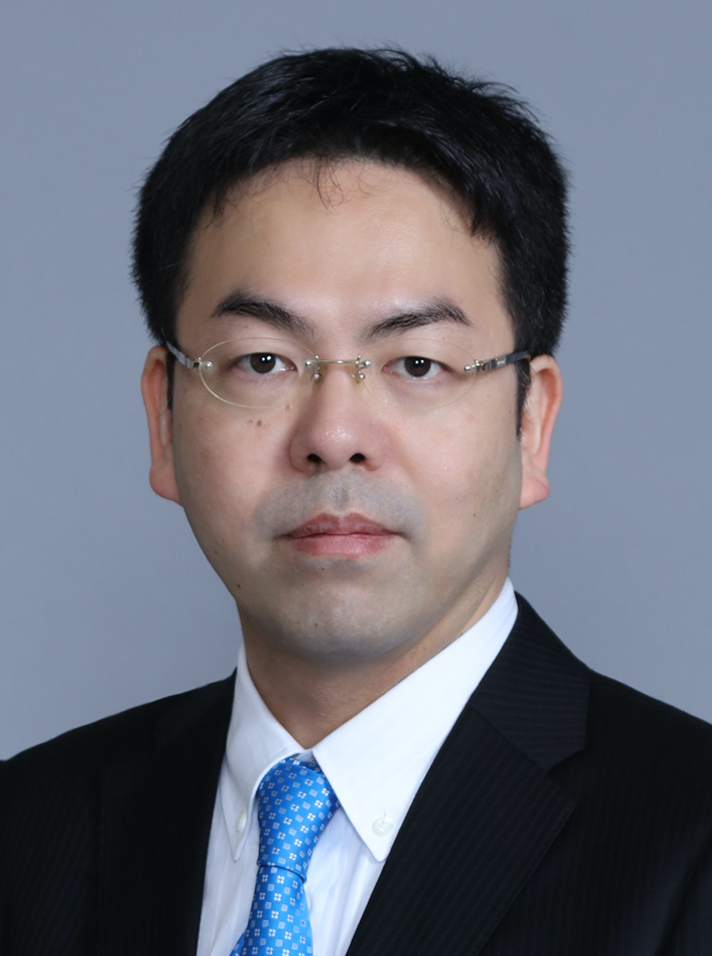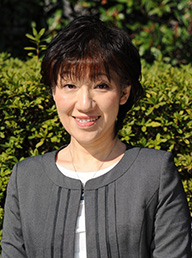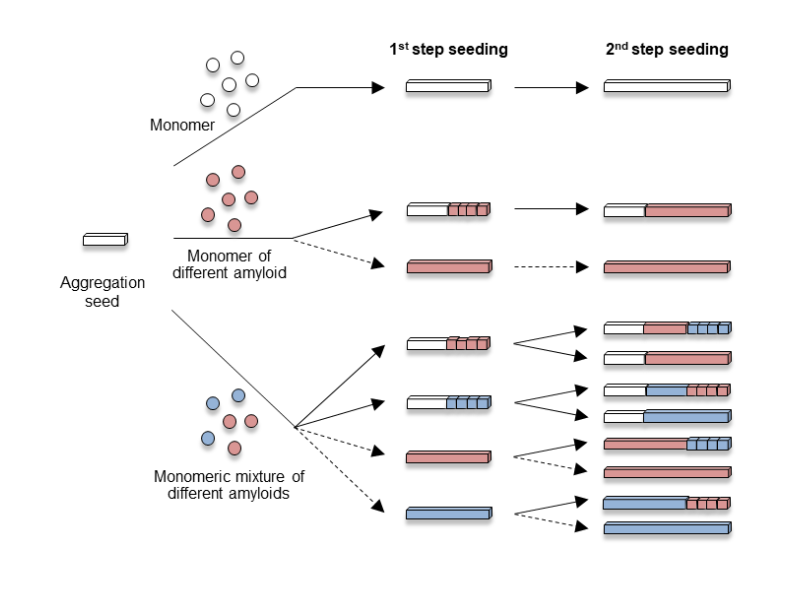[Amyloid and heteroamyloid] Formation of meta-aggregates and their toxicity in mixed dementia

Kenjiro Ono
Institute of Medical, Pharmaceutical and Health Sciences, Kanazawa University.
Professor
Co-Project Leader

Mayumi Tsuji
Pharmacological Research Center,
Showa Medical University.
Professor
The aim of this project is to elucidate the mechanism of meta-aggregate formation of amyloid beta (Aβ), tau and α-synuclein (αSyn), which are involved in dementia among other amyloid diseases. Aggregation ability (including oligomerization ability) and cytotoxicity of co-aggregates consisting of multiple combinations (alone or with two or three species) will be evaluated. In particular, oligomer formation in the cellular environment will be investigated by PICUP (photochemical cross-linking), and meta-aggregates with high activity will be used for in vivo high-speed AFM analysis. We will also observe the formation rate and morphology of multiple combinations of meta-aggregates in the presence of biological samples from patients with Alzheimer's disease (AD) and Parkinson's disease (PD), and investigate the relationship between meta-aggregates and toxicity in order to discover the pathological meta-aggregates that are the true toxic agents. Recently, the presence of mixed pathologies such as AD and PD and the heterogeneity of symptoms have attracted attention, and the results of this research are expected to lead to the establishment of new biomarkers and the development of disease-modifying therapies of neurodegenerative diseases.

- Research Collaborator Moeko Shinohara
Institute of Medical, Pharmaceutical and Health Sciences, Kanazawa University.
Associate Professor - Research Collaborator Daiki Muramatsu
Department of Neurology, Kanazawa University Hospital.
Assistant Professor - Research Collaborator Sadao Hikishima
Graduate School of Medical Sciences, Kanazawa University.
Graduate Student
